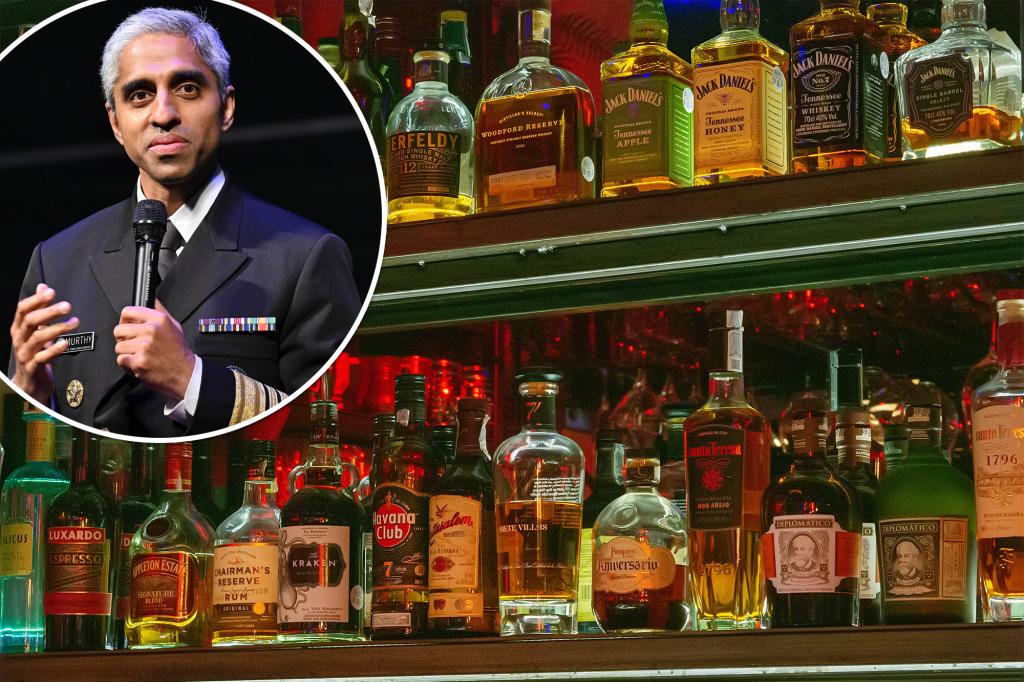The US surgeon general, Vivek Murthy, has called for alcoholic beverages to carry warning labels about their cancer risks. Alcohol consumption is the third leading preventable cause of cancer in the United States, causing at least seven types of cancer including breast, colon, and liver cancer. It is responsible for 100,000 cancer cases and 20,000 cancer deaths each year in the US. The direct link between alcohol consumption and cancer risk has been well-established for various types of cancer regardless of the type of alcohol consumed.
The report by Murthy’s office explains how alcohol increases the risk of cancer. Acetaldehyde, a known carcinogen, is produced when the body breaks down ethanol in alcohol, damaging DNA and preventing cells from repairing themselves. Alcohol can also impact hormones that are involved in cell growth and division, as well as interfere with the body’s ability to absorb essential nutrients. Excessive alcohol intake can lead to weight gain, which has been linked to a higher risk of developing various types of cancer.
Breast cancer is particularly affected by alcohol consumption, with 16.4% of total breast cancer cases being attributable to alcohol. Despite the perception that alcohol, especially red wine, may have heart health benefits, the dangers of alcohol in relation to cancer are often overlooked. Dr. Cindy Cen recommends limiting alcohol intake to one or two drinks per week, especially for individuals with a family history of cancer. Alcohol intake is one of the lifestyle factors that can be modified to reduce cancer risk.
Studies have shown that light drinking is associated with an increase in cancer deaths. The American Association for Cancer Research reported that 5% of all cancer cases are caused by alcohol consumption, and a significant portion of Americans are unaware of the link between alcohol and cancer risk. Ongoing research has highlighted the various diseases and illnesses that can be caused or exacerbated by alcohol, further underscoring the need for increased awareness and warnings about the dangers of alcohol.
While the Surgeon General’s report recommends updating alcohol labels to include cancer warnings, the ultimate decision rests with Congress. President Biden’s administration is in its final weeks, and the incoming administration’s stance on the issue remains unclear. Murthy’s advisory draws parallels to early actions taken against tobacco, emphasizing the importance of warning labels and public education to reduce the prevalence of alcohol-related cancers. The impact of the report was seen in the decline of shares of alcohol companies following the announcement.
Overall, the call for warning labels on alcoholic beverages to highlight their cancer risks reflects a growing recognition of the dangers of alcohol consumption. The link between alcohol and various types of cancer is well-documented, and increased awareness through labeling and education initiatives can help individuals make informed decisions about their alcohol consumption. The potential changes to alcohol labels could have significant implications for public health and contribute to a reduction in alcohol-related cancer cases in the United States.


